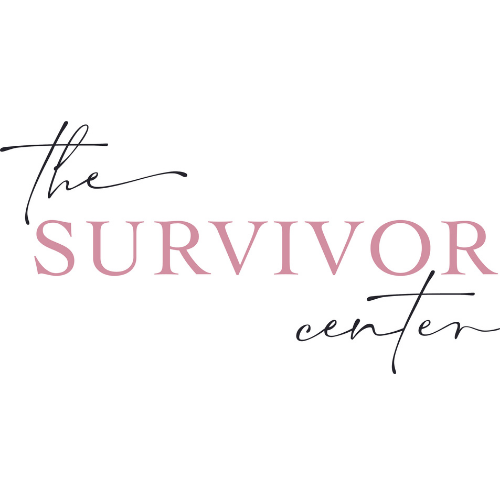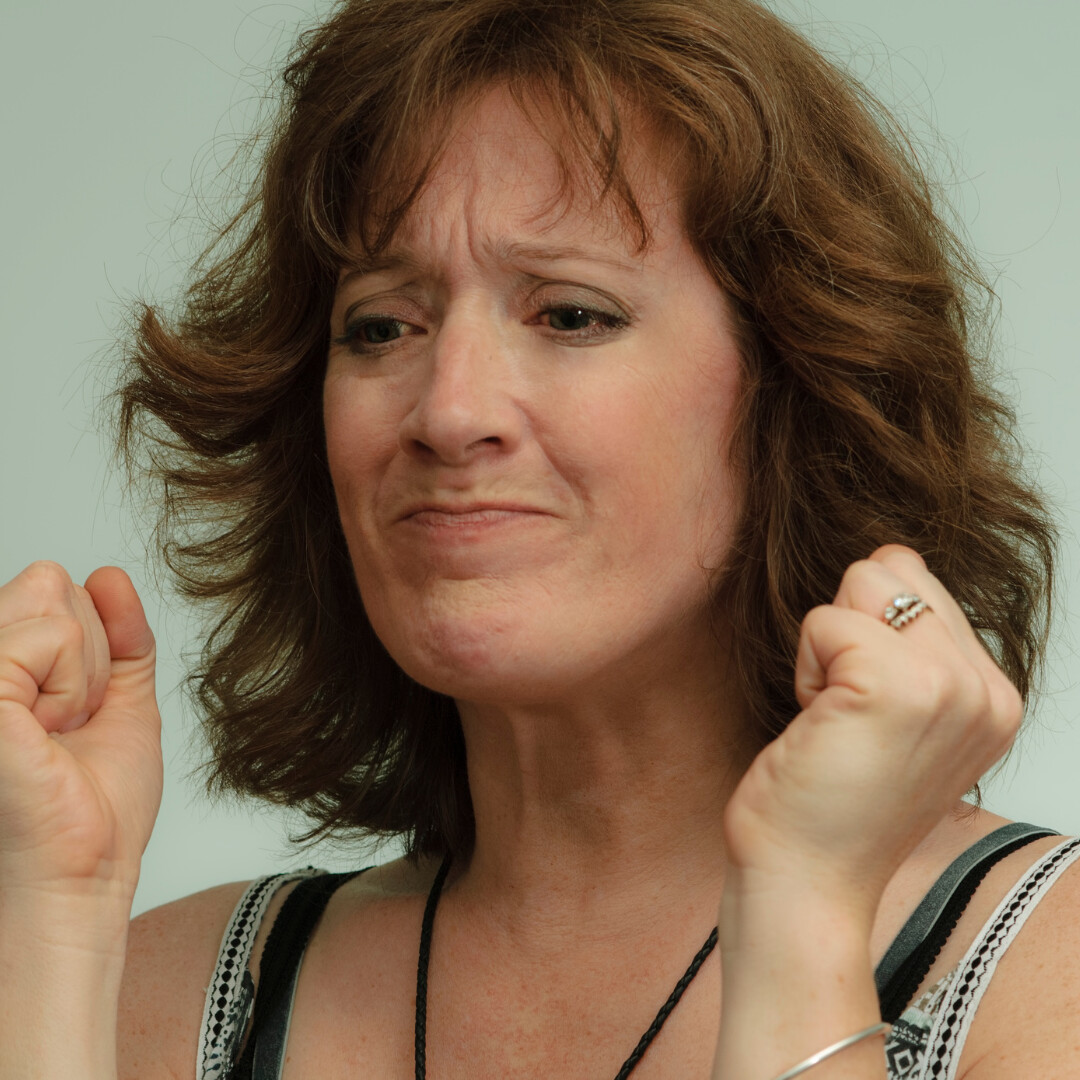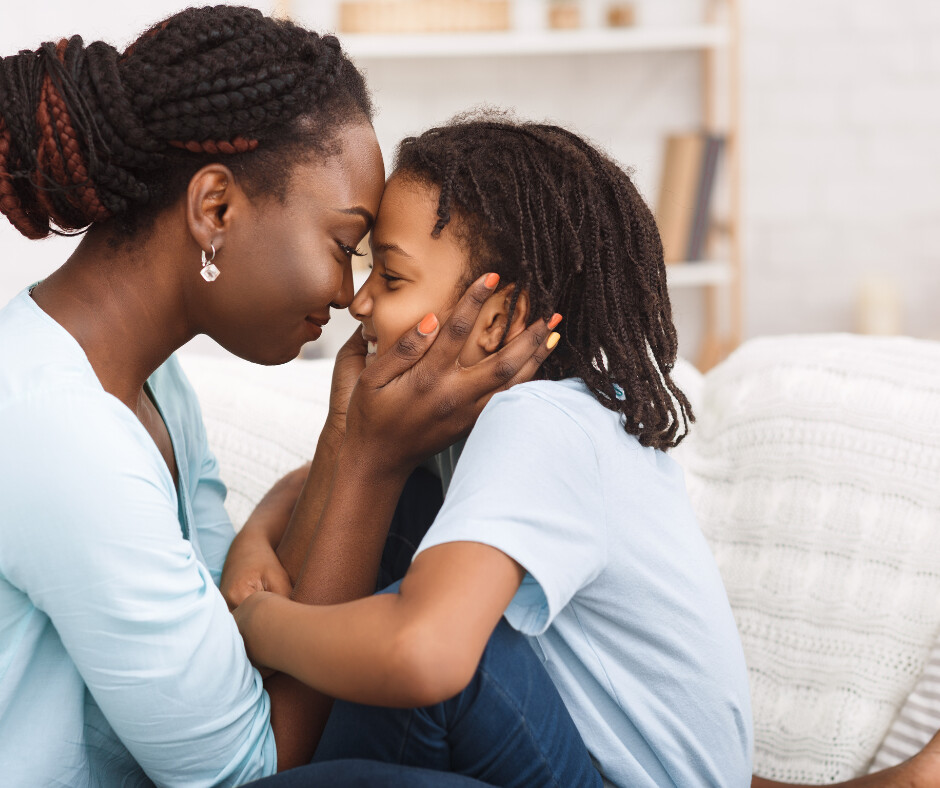
Let’s chat about our circles, shall we? Our people, friends, family, sisters, confidants, pastors, counselors, co-workers.
It may seem obvious to surround yourself with people who support you. You believe your parents love and support you and your sister wants you to be happy. Of course your best friend just wants to see you with a new guy. Your co-worker keeps telling you what you should do even though she's never been through a divorce. You've got people seemingly 'on your side', but yet you feel very alone.
If you've told someone closest to you something very vulnerable about a challenge you're facing, whether you're co-parenting with the abuser or you’re battling it out in court and your friend makes a hurtful comment, or they doubt what you're saying is true, or they give you advice that's very generic and run of the mill that might work for other people divorcing, but not us with narcissists, then your people are not helping you.
You've got people in your life who claim ‘Switzerland neutrality’, because “there are always two sides to every story”, or they're advising you what you should have done or what you should do now. Realize their advice and attitudes are coming from their life experiences. And if that does not involve a narcissist or abuse, you don't need to be listening to them.
I know it’s hard to hear what I'm saying. You might think your circle of people is already really small and you don't want to alienate anybody because then there would hardly be anyone left!
That’s actually okay, because if the people that are in your already small circle are telling you things that are harmful, hurtful, not supportive, or they’re making you doubt yourself, you don't want to continue confiding in them.
Think about your people as you read below.
Circle One
You tell them your story and they feel terrible for you. They express how sorry they are that you’re going through a tough time, but they have nothing to offer you other than maybe taking you to dinner and taking your mind off of things for a bit. They're still in your life, but you’re not going to divulge all the details of your situation and expect to be deeply supported.
This could also be people, that after you’ve described how awful your post-abuse situation is, they look at you with fear in their face. They’re so far removed from being able to understand that they are scared to even be near you or they're scared for their own marriage. These are people who tell you to “just get over it” or “it takes two to tango”.
Circle Two
These people believe you as you describe the horrific abuse of you and your kids, pre and post separation. They are ‘on your side’. They might watch your kids if you need to go to court. These are people who “get it” to some degree of what you’re dealing with in the abuser/narcissist and will go the extra mile to actually help you in some way, shape or form. However, they aren't the people that are going to be able to really understand where you're coming from and give you solid advice. Their support only goes so far.
Circle Three
These are your people! Where you call them up crying for the 50th time, because you are so upset over what your ex just did in front of the kids, how your ex just verbally abused you at a custody exchange. They never say to you, stop talking to me about it. Aren't you over it by now? Can't you just move on?
No, those are the people you move to circle one.
Circle Three people say, come over or I'm coming over. And even if they haven't gone through abuse, for whatever reason, they have a knowing. They support you in your decisions. They cheer you on and want nothing more than to see you happy and thriving. They help you trust yourself, they help you heal. They believe you. These are your Circle Three people.
I encourage you to take a piece of paper and categorize your people into these three circles. You may find there is a reason you have not been feeling supported by your tribe, and that there’s a need to change who you confide in going forward.
I explained this in greater detail, including an example from my story, with more guidance on how to move people from circle to circle in order to protect your heart and your confidence. Listen to that HERE.

Think of all the things that you think about on a daily basis in reference to your abuser, especially as you're going through a court battle and co-parenting with them. The craziness, the chaos, the drama, the frustration...
Do you blame your abuser for some of it? All of it? Sometimes? Often? Always?
What would happen if blaming him was no longer an option?
Read more...











